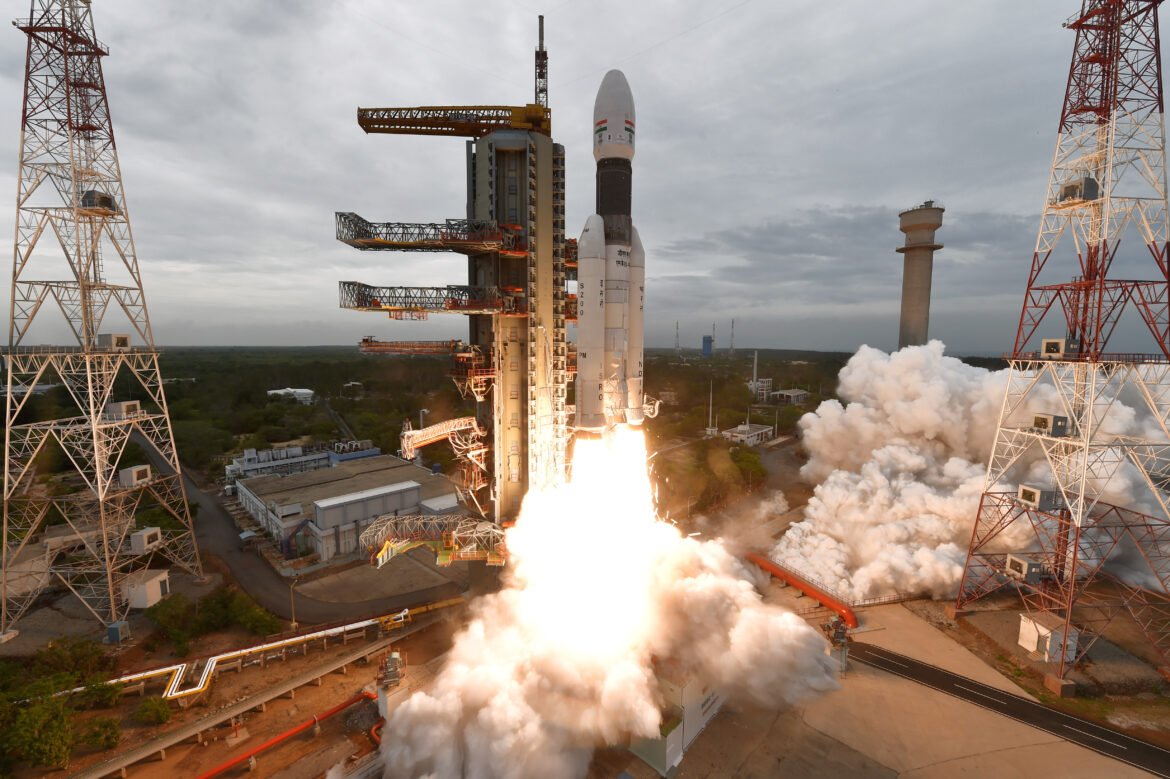U.S.-based space startup Axiom Space is evaluating the use of Indian launch vehicles to support its ambitious mission of constructing a private space station. This station is intended to gradually replace the International Space Station (ISS), which NASA plans to retire around 2030. Axiom’s potential partnership with India’s space sector reflects a growing trend of international collaboration in space exploration.
Talks with ISRO and Indian Private Sector for Launch Solutions
Pearly Pandya, Axiom Space’s director of international government business, confirmed that while no contracts have been finalized, the company is in discussions with India’s space agency, ISRO, and several Indian private launch providers. These talks aim to identify suitable launch options for Axiom’s station development, including the transportation of raw materials and other supplies to support the space station’s construction.
Pandya highlighted that Axiom is also exploring partnerships in Europe to diversify its supply chain. “Working with Indian and European partners would allow us to expand our launch options and optimize our mission’s logistical needs,” she stated during an industry event.
Strategic Timing Amid India-U.S. Space Cooperation
This exploration of collaboration follows a Space Flight Agreement signed between India and the United States in August, which includes provisions for cooperation on Axiom’s upcoming mission to the ISS. India’s recent policy changes encouraging private investment in space have also opened new possibilities for international partnerships. Earlier this year, India announced a 10 billion rupee ($119 million) fund to stimulate private space startups, a move that has fueled rapid growth in the sector.
ISRO, India’s national space agency, recently completed a developmental flight for its Small Satellite Launch Vehicle and plans to transfer the design to private firms, further supporting the private space industry in India.
Growing Space Sector in India Attracts Global Interest
Indian space startups are experiencing significant investment growth, with funding reaching $126 million in 2023, a 7% increase from the previous year. Notably, private companies such as Skyroot and Agnikul are pioneering India’s first domestically built rockets capable of carrying payloads of up to 300 kg into low Earth orbit, demonstrating India’s increasing capabilities in space.
Despite this progress, India currently holds only a 2% share of the global commercial space market, with demand still primarily from international clients. The industry faces intense competition from established space powers like the U.S., Russia, and China, but collaboration with international companies like Axiom Space could help boost India’s position in the global space market.
A partnership with Axiom Space would mark a significant step forward for India’s private space sector, providing both financial opportunities and global recognition for Indian launch capabilities.
Stay connected to know more on arcnews.online for global news like Axiom Space Considers Indian Launch Vehicles for Private Space Station Project. For videos updates visit our YouTube. Do subscribe to Arcnews to get latest updates directly in your mail box.
Have A Great Day.


